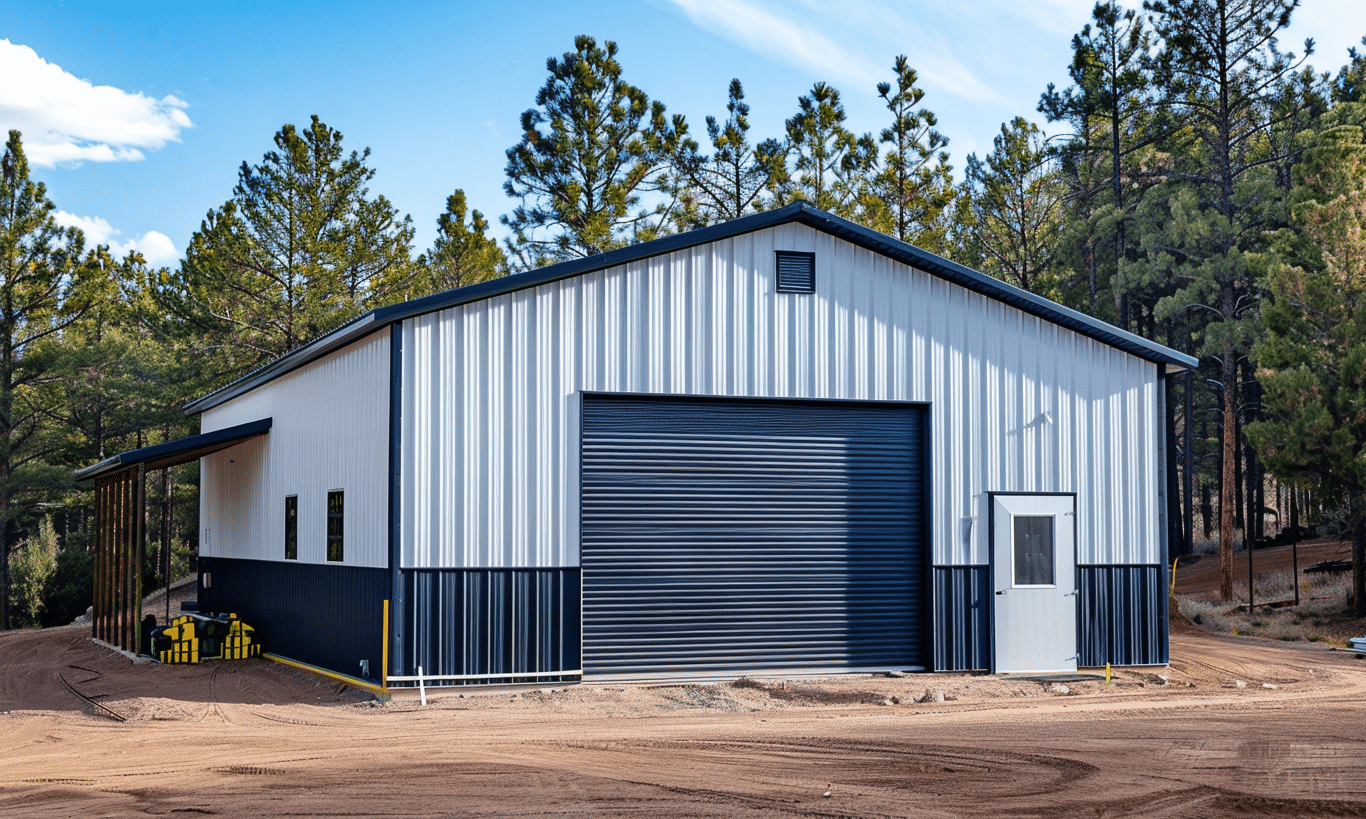Municipality of Wood Buffalo Gains Byelection Respite from Bill 20: A Closer Look at the Implications
As the evening sky casts a resplendent shade of twilight over the colossal edifice of the Wood Buffalo municipal building, the council enclave within hums with activity. With the regional Municipality of Wood Buffalo in the midst of a byelection, a significant development unfolded recently, with ramifications that extend beyond the immediate political landscape. The council has secured an exemption from Bill 20’s newly introduced election process changes for their current byelection. But what does this mean for the municipality, and more pertinently, what are the implications for the construction and real estate sectors within the region? Let’s delve into the details.
Deciphering the Exemption: Unpacking Bill 20 and the Byelection
This exception from Bill 20, granted to the Wood Buffalo Municipality during its ongoing byelection, heralds various potential impacts. But first, we must understand what Bill 20 entails. Introduced by the province, this Bill outlines several alterations to election processes. However, Mayor Sandy Bowman persuaded the provincial authorities to spare the municipality from these changes, at least for the time being.
What’s at Stake in the Byelection
The byelection serves a singularly critical role in local governance. It allows the filling of vacant council seats, ensuring that representation is maintained and that the democratic process runs smoothly. In the context of Wood Buffalo, this byelection comes at a pivotal time, given the rapid pace of infrastructure development within the area.

A Direct Influence on the Construction and Real Estate Sector
With more council seats filled, decision-making around development projects, building regulations, and land-use policies becomes considerably more streamlined. As part of the regional administration, the council has direct control over construction and real estate management within the municipality. Therefore, any changes in the byelection process could have a ripple effect on these sectors. Interestingly, this exemption from Bill 20 might just be a blessing in disguise. The byelection could proceed unhindered by the restructuring required by the new Bill, potentially leading to a smoother transition of power within the council.
Grains of Positivity for Metal Building Projects
Given the pivotal landscape, this exemption might have indirect benefits for construction companies specializing in metal buildings within the region. The Metal Building industry relies heavily on swift approval processes and municipal support for successful project execution. A functional council, unhampered by extensive restructuring, is more likely to address construction permit applications and land-use policies promptly.

Prospects in the Byelection’s Aftermath: Navigating the Future
As the Wood Buffalo council works diligently within the towering municipal headquarters, there emerges a sense of optimism within construction and real estate circles. The exemption from Bill 20 has ensured the byelection could move forward unrestricted, promising a swift replenishment of the council with the potential to steer a conducive environment for building developers.
For businesses dealing with metal buildings, the currently favorable momentum might be a perfect time to capitalize on. Amidst the flux of the political landscape in Wood Buffalo, it is, however, essential to stay informed and be prepared for future changes that could sway the tide either way.

Conclusion
While the political scenario is pivoting with the byelection, the exemption from Bill 20 carries implications spanning across the socio-economic spectrum. This move might influence the flourishing construction and real estate sectors and, in particular, offer a defensively positive environment for metal building projects. For further insights on the evolving landscape, we recommend referring to the original news source.
We’d love to hear your thoughts on this development. How do you think this exemption from Bill 20 will impact the construction industry in Wood Buffalo? Leave your comments below and let’s get the conversation started!




